Do you know what content you’re going to post on your blog this week? How about next week, or the week after? If your answer is something along the lines of “I don’t know” or “I’ll figure it out later”, then you’re setting yourself up to fail.
Content marketing can provide myriad benefits to your business, from building brand awareness and generating inbound traffic to your site, to increasing customer engagement and establishing your position as a thought leader. However, in order to reap these benefits, you must have a well thought out strategy in place, and a content calendar forms a vital part of this.
Here are five other reasons why you need a content calendar.
1) You’ll become more strategic
A content calendar encourages you to become more strategic, allowing you to plan timely content, to coincide with public holidays, company milestones, product launches, important industry events and so on.
2) You’ll maintain a steady flow of content
For your content marketing to be effective, you need to be consistently publishing new content on your site. However, coming up with an amazing concept on the spot is easier said than done – we all struggle with writer’s block from time to time. Having a content calendar means you will have your ideas planned in advance, ensuring a steady flow of engaging content on your site.
3) You’ll produce higher quality content
Building a content calendar enables you to ensure a higher level of quality, which will in turn achieve better results. You can start working earlier, giving you more time to research, draft and refine your content, rather than having to rush something out at the last minute.
You want your audience to view you as a reliable, knowledgeable expert in your chosen field - it’s not worth sacrificing your reputation by sending out sub-standard, rushed work.
4) You’ll keep your audience engaged
With content marketing, it can be all too easy to fall into the habit of just producing blog posts and nothing else. If you want your audience to remain engaged, however, you need to go further than this. A well-planned calendar should include a variety of different types of content – blog posts, case studies, videos, infographics, interviews – with enough time and resource allocated to create each piece.
5) You’ll improve efficiency
While creating a content calendar takes time and effort, having one in place will make your team much more efficient. Everyone knows what they need to be working on, how much time they need to spend on it, when their deadlines are and how their work fits into the wider strategic plan.
But remember to be flexible
As you can see, having a content calendar can make your life considerably easier, but it’s important to stay flexible. If something unexpected happens in your industry, you want to be able to react to it. If that means you have to push something back a week so you can focus on getting a reactive piece out instead, that’s fine. Your content calendar should act as a flexible guideline, rather than unbreakable rules.

